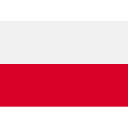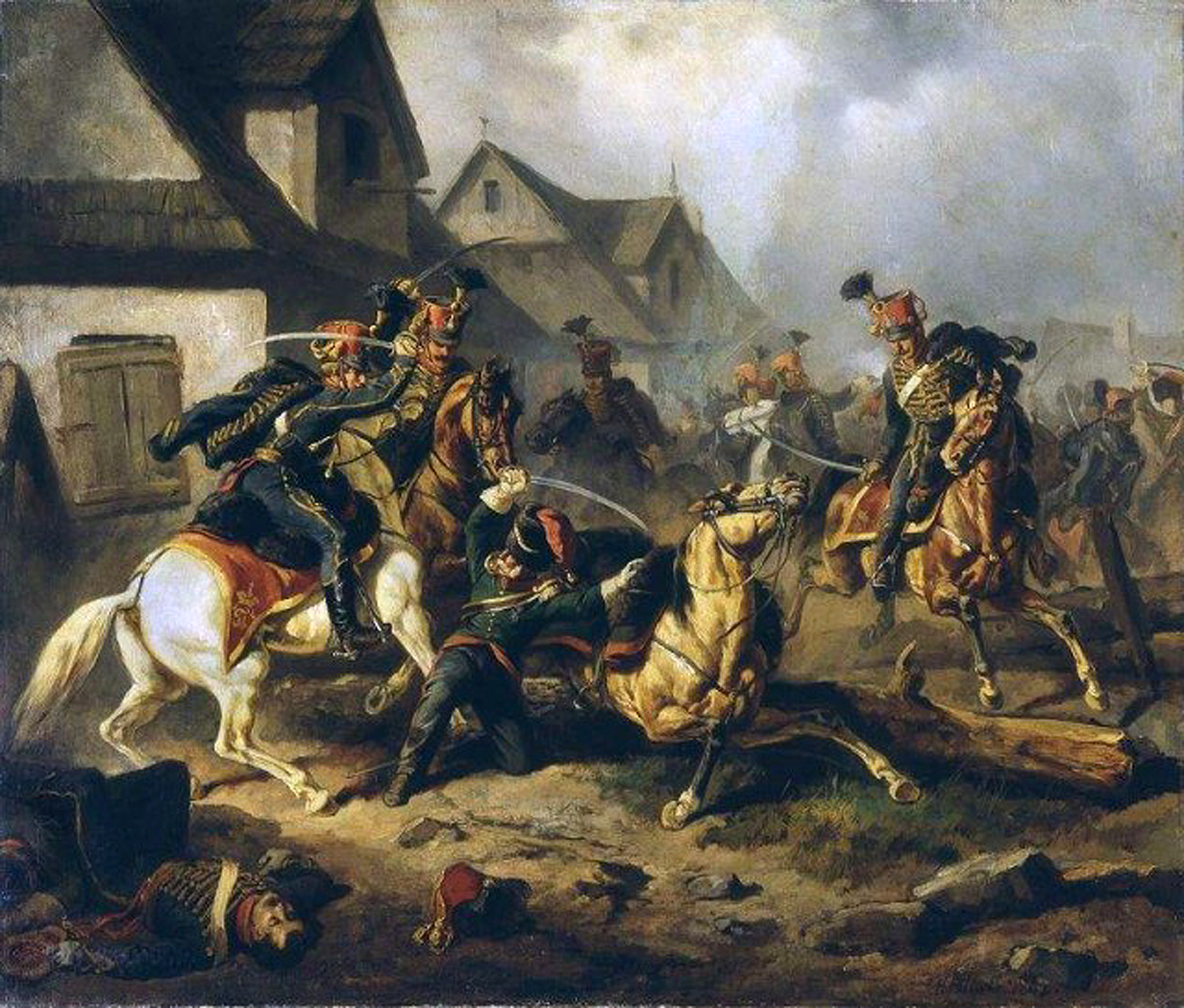Tadeusz Kościuszko was a supporter of the idea of creating peasant and Jewish militias, and while everyone has heard of the scythemen, not necessarily about the Jewish units that fought during the Kościuszko Insurrection.
The initiator of the establishment of the first completely Jewish branch since biblical times was Berek Joselewicz, a Jewish horse merchant, and his partner Józef Aronowicz.
“Nothing can convince the most distant nations of the sanctity of our cause and the justice of the revolution and the present more than the fact that people, separated from us by religion and customs, voluntarily sacrifice their lives for our support” – wrote Kościuszko in “Government Gazette” of September 17 1794, announcing the formation of the Jewish cavalry.
The initiators Joselewicz and Aronowicz became the colonels of this unit and began collecting money, supplies and recruits.
However, the Jewish community living in Praga at that time was skeptical about this project, as before about the scythemen and militia units. At that time, Praga was a poor district, inhabited mainly by Jewish craftsmen, whose colonel Joselewicz tried to learn how to shoot and fight with a saber on horseback. Despite the odds, several hundred Jews eventually enlisted and a dragoon unit of 500 soldiers was formed. For religious reasons, however, they did not want to shave their beards, hence the name bearded army.
Andrzej Kunert and Andrzej Przewoźnik in the book “Polish Jews” write that among the first volunteers were Marek Jakubowicz, Majer Herszkowicz, Chaim Judkiewicz, Mordko Wolfowicz, Josel Abrahamowicz, Jakub Epstein and Heszek Lewkowicz.
The Jewish cavalry was to defend Praga as the Russian army was approaching. As a result of the inefficiency of General Zającek and the quick attack of General Suvorov, most of the dragoons died during the defense of Praga. Col. Joselewicz and a handful of cavalrymen managed to survive and later left Poland. Joselewicz went to Milan to join the troops of General Jan Henryk Dąbrowski. The colonel told Dąbrowski that he was “reporting for duty, like all good Poles.”
Author: Karol Kwiatkowski



